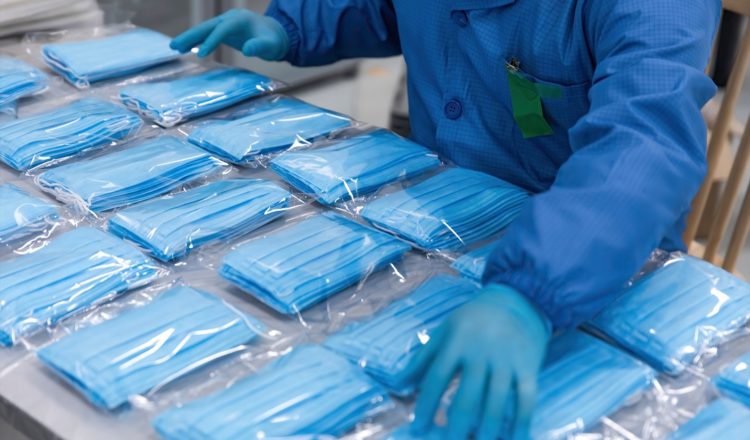Mask Facts: pubilshed June 2020 by AAPS
Jul 1, 2020 16:33:54 GMT
Post by Admin on Jul 1, 2020 16:33:54 GMT
Mask Facts

This was a very scientifically informative article, curated by Marilyn M. Singleton, M.D., J.D., published by the American Association of Physicians and Surgeons, on June 1, 2020. Only the conclusion is offered here but the whole article is well-worth reading. [Emphasis in the original.]
Conclusions from Organizations
- The World Health Organization (WHO): apps.who.int/iris/bitstream/handle/10665/331693/WHO-2019-nCov-IPC_Masks-2020.3-eng.pdf?sequence=1&isAllowed=y
“Advice to decision makers on the use of masks for healthy people in community settingsAs described above, the wide use of masks by healthy people in the community setting is not supported by current evidence and carries uncertainties and critical risks.”
“Medical masks should be reserved for health care workers. The use of medical masks in the community may create a false sense of security, with neglect of other essential measures, such as hand hygiene practices and physical distancing, and may lead to touching the face under the masks and under the eyes, result in unnecessary costs, and take masks away from those in health care who need them most, especially when masks are in short supply.”
“Masks are effective only when used in combination with frequent hand-cleaning with alcohol-based hand rub or soap and water.”
WHO acknowledges that most people do not use masks properly.
- Dr. Nancy Messonnier, director of the Center for the National Center for Immunization and Respiratory Diseases: www.cdc.gov/media/releases/2020/t0131-2019-novel-coronavirus.html
“We don’t routinely recommend the use of face masks by the public to prevent respiratory illness,” said on January 31. “And we certainly are not recommending that at this time for this new virus.”
- The Centers for Disease Control and Prevention (CDC): www.cdc.gov/flu/professionals/infectioncontrol/maskguidance.htmIn March 5, 2019 regarding the flu: “Masks are not usually recommended in non-healthcare settings; however, this guidance provides other strategies for limiting the spread of influenza viruses in the community:
- cover their nose and mouth when coughing or sneezing,
- use tissues to contain respiratory secretions and, after use, to dispose of them in the nearest waste receptacle, and
- perform hand hygiene (e.g., handwashing with non-antimicrobial soap and water, and alcohol-based hand rub if soap and water are not available) after having contact with respiratory secretions and contaminated objects/materials.
- From the New England Journal of Medicine: www.nejm.org/doi/full/10.1056/NEJMp2006372
“We know that wearing a mask outside health care facilities offers little, if any, protection from infection. Public health authorities define a significant exposure to Covid-19 as face-to-face contact within 6 feet with a patient with symptomatic Covid-19 that is sustained for at least a few minutes (and some say more than 10 minutes or even 30 minutes). The chance of catching Covid-19 from a passing interaction in a public space is therefore minimal. In many cases, the desire for widespread masking is a reflexive reaction to anxiety over the pandemic.”
Final Thoughts
- Surgical masks – loose fitting. They are designed to protect the patient from the doctors’ respiratory droplets. The wearer is not protected from others airborne particles
- People do not wear masks properly. Most people have the mask under the nose. The wearer does not have glasses on and the eyes are a portal of entry.
- The designer masks and scarves offer minimal protection – they give a false sense of security to both the wearer and those around the wearer.
**Not to mention they add a perverse lightheartedness to the situation.
- If you are walking alone, no mask – avoid folks – that is common sense.
- Remember – children under 2 should not wear masks – accidental suffocation and difficulty breathing in some
- If wearing a mask makes people go out and get Vitamin D – go for it. In the 1918 flu pandemic people who went outside did better. Early reports are showing people with COVID-19 with low Vitamin D do worse than those with normal levels. Perhaps that is why shut-ins do so poorly. www.medrxiv.org/content/10.1101/2020.04.08.20058578v4
If you are sick, stay home!
Additional Resource: Healthy People Wearing Masks, Should They or Shouldn’t They? This ER nurse with over two decades of experience took a deep dive into the science to find out: jennifermargulis.net/healthy-people-wearing-masks-during-covid19/
